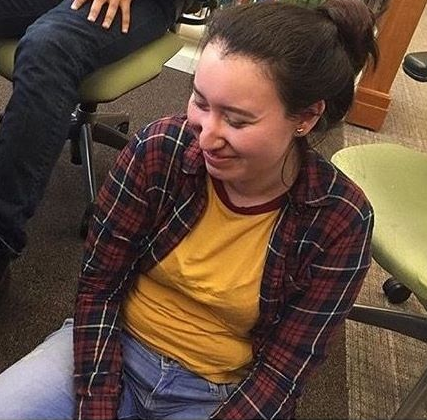Eighteen feet of steel with a cement base and slats secured six feet under make up the southern border between the United States and Mexico which passes through in Brownsville, Texas.
Texas native Rodrigo Juarez, 27, is one of many activists who work everyday to aid undocumented immigrants as they navigate the way toward citizenship.
Juarez is currently an accredited representative as he was approved by the Board of Immigration Appeals to represent the undocumented before the Immigration Courts.
“Both of my parents are from Mexico. And I’m actually the only one in my family born in the States,” said Juarez. He attended Texas A&M University and carried out a year of service through the AmeriCorps program in Rio Grande Valley.
Shortly after actively working with undocumented students, Juarez decided to focus on immigration and attended Lewis and Clark Law School in Portland, OR.
He became a co-founder of an immigration student group and volunteering program that sent student volunteers down to work at a family detention center in Dilley, Texas.
Throughout the 2016 presidential campaign and within his first 100 days in office, President Donald Trump has accelerated efforts for the wall to be constructed. As an individual working for a non-profit immigration organization, Juarez experiences first-hand the hostile environment working with Immigration and Customs Enforcement (ICE) agents.
“There had been a change in the attitudes and practices of Department of Homeland Security (DHS)/ICE. Like before, if you had a favorable case, ICE would work with you. They would consider letting your client go on bond or on their own recognizance or parole,” said Juarez. He said that the rules have become much more rigid.
“They’ll fight you on anything and everything. They’ll oppose anything in court even if the proposed action legally doesn’t make any sense. They’ll refuse to issue or even consider bond if your client has any sort of criminal history.”
ICE’s aggression toward undocumented individuals has rapidly increased. According to the U.S. Immigration and Customs Enforcement, in 2016 ICE conducted 240,255 removals compared to 235,413 removals in 2015.
“There are reports of ICE agents raiding courthouses and hospitals and picking up people who are going to interviews with the United States Citizenship and Immigration Services (USCIS). They are not only detaining people with these raids and breaking up families but they’re having a massive chilling effect on the entire system,” said Juarez.
The American Bar Association offers pro bono programs such as the South Texas Pro Bono Asylum Representation Project (ProBAR), which Juarez is currently a part of.
Suffolk University Law School encourages faculty and staff, who are attorneys, to cooperate with pro bono programs that are spread throughout the nation.
The law school also has an immigration clinic that offers weekly seminars to prepare students for immigrant representation.
According to the American Bar Association’s directory, the program regarding Suffolk University Law School stated “Through its voluntary Pro Bono Program, Suffolk University Law School seeks to foster in every member of the law school community a moral and professional obligation to ensure access to justice for all citizens. To obtain this goal, Suffolk Law School challenges all incoming law students to complete at least 50 hours of law-related volunteer work before they graduate.”
Juarez fears undocumented individuals will not progress their immigration status because of the overwhelming threat of being detained.
He hopes undocumented individuals remain hopeful and encourages them to advance in the United States despite the current administration’s actions.







